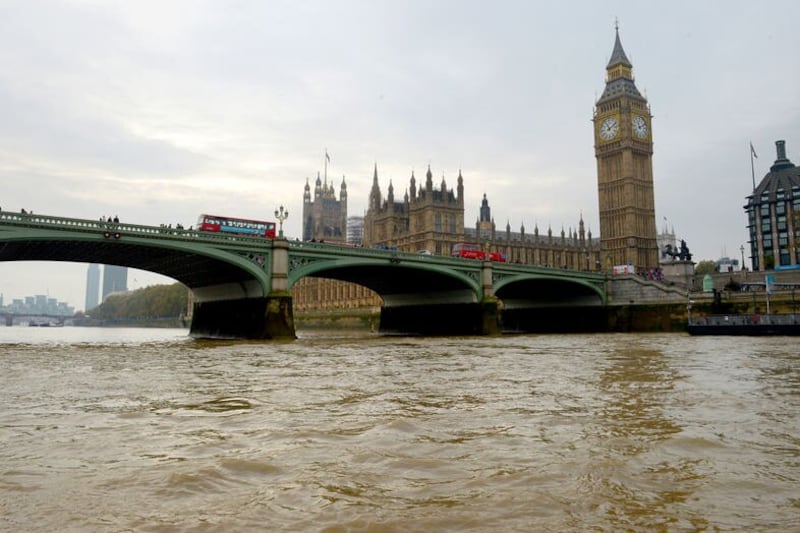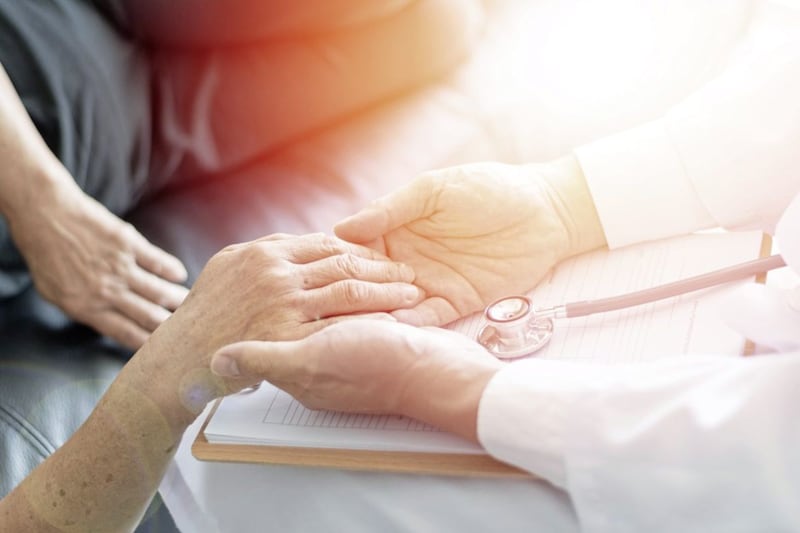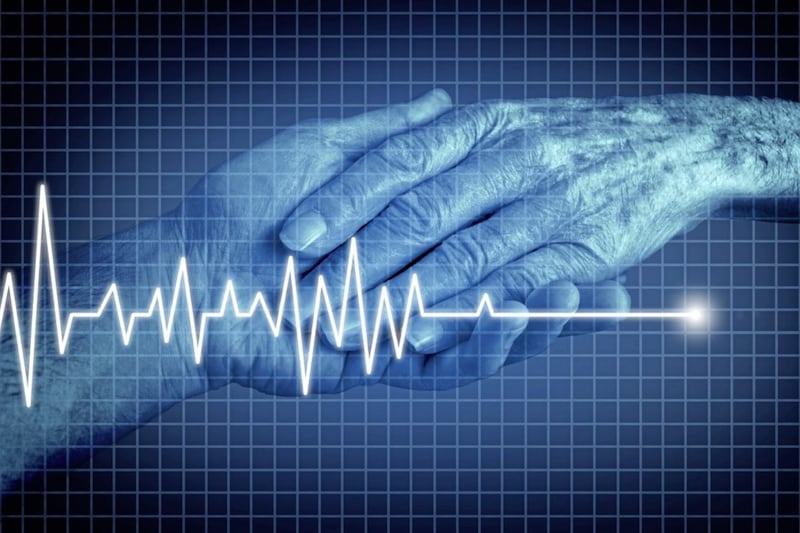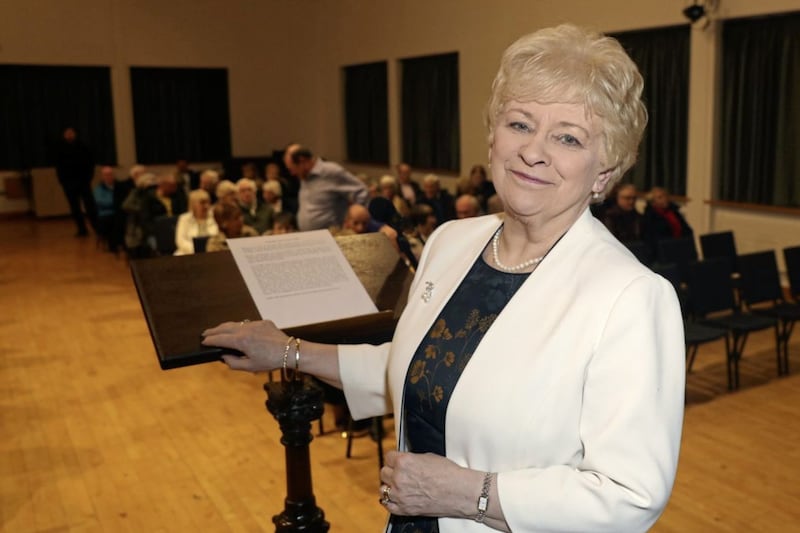WE in the Catholic tradition hold the core conviction that all human life from the point of conception to the point of natural death is intrinsically valuable and dignified, worthy of our respect and the protection of law.
Throughout our history the concept of assisting someone to end their life struck at the heart of the values we held as a society.
Physicians undertook to care and do no harm and the development of the hospice movement was a response to the importance of easing the suffering of terminal illness and helping people to die with dignity.
Within just a few decades the focus has shifted. In bioethics the principle of respect for personal autonomy has become the defining argument and suddenly even the word dignity has been changed in meaning.
The quiet introduction during the Covid emergency in Dáil Éireann of a private members' bill promoting an ill-defined euthanasia created little debate or, in fact, interest in broader civic society.
The Irish Bishops' statement that "countries, which began by legalising assisted suicide on a very limited basis, have moved on to widen significantly the scope of that legislation", barely attracted a mention.
The Bill passed through to the committee stage with 70 minutes of debate and only one voice permitted to speak in opposition.
A similar measure in the UK parliament in 2016 was easily defeated after a robust debate. MPs feared the slippery slope and the abuse of the elderly.
It seems that the majority of TDs were untroubled by such complications or easily assuaged that they could be avoided.
A chilling example of the widening of the scope of legislation is the example of Belgium, where in 2014 lawmakers voted overwhelmingly to extend the country's euthanasia law to children under the age of 18.
The pattern is similar through those jurisdictions, which have introduced a form of assisted suicide.
Numbers each year increase steadily, the range of conditions permitted widens and the age limit decreases.
The Netherlands in October last allowed for the killing of children under 12 in certain defined circumstances. (Human life, it seems, is only valuable if the person is useful.)
Emboldened by the decisive defeat of the pro-life movement in the 2018 abortion referendum, and with the Church still trying to re-find its voice, lawmakers in Ireland set about the task of further eroding a perceived impediment to the much sought after designation in the league of nations of being a 'progressive' country.
But when the unintended consequences are assessed, do these developments contribute to human flourishing or do they change our society in a way that is ultimately less tolerant and further away from a true humanism?
For the vulnerable, does the right to die become imperceptibly the duty to die and so take away the burden they perceive themselves to be?
The main means of attacking the current legal framework has been the concentrated emphasis on heart-rending instances of an individual's desperate plight with an incurable illness.
This understandably attracts our sympathy and compassion. We can all relate to instances of a loved one's suffering at the end of life, but for every account of a trip to the Dignitas clinic in Switzerland or there are so many others, where even in the final days and months of life relationships have been healed, important words are spoken and peace is found.
Often less attention is paid, however, to the underlying philosophies which require our allegiance.
Utilitarianism, with its focus on ends and not means, and postmodern thinking, where truth is a matter of opinion, are often ill defined in the public consciousness, but the modern credo which demands that personal choice is paramount is much more discernible.
But when the house is swept clean and the influence of the Church is removed what replaces the values that have been swept aside?
The pandemic has highlighted poignantly the plight and vulnerability of those in care and our elderly citizens.
It seems therefore ironic that this is also the time chosen to grant to increasing numbers of the ill and infirm the option of assisted suicide.
For the vulnerable, does the right to die become imperceptibly the duty to die and so take away the burden they perceive themselves to be?
Fuelled by the excruciating narrative of people suffering, people want to do the right thing and can easily view themselves as creating an impediment to the clearly expressed wish of an individual.
The unintended consequence of such perceived compassion is, however, to fundamentally change the nature of our society.
As the poet John Donne reminds us, "No man is an island entire of itself."
If the trajectory is set in the direction of euthanasia then the consequence is the inevitable development of an ever widening set of circumstances that are permissible to destroy or end human life
The argument that only the planned, the fortunate or the perfect are worthy of life and that those at the end of life suffering an incurable illness should be assisted to avail of an early exit strategy, if they so wish, is a lie, because it undermines the inherent dignity and sacredness of human life itself.
As a society we can choose to uphold life in all its complexity and challenges or we can begin to dismantle the protections relied upon to cherish human life.
We have a choice, but as a society we cannot do both. If the trajectory is set in the direction of euthanasia then the consequence is the inevitable development of an ever-widening set of circumstances that are permissible to destroy or end human life.
Despite extraordinary advances in end-of-life care and overwhelming evidence that so-called carefully regulated safeguards become ever more lax, the rush to appease the new morality of choice has gathered increasing momentum.
For the Church, the muted reaction and lack of outcry about the recent Bill in the Dáil can also be viewed as a sign of a deepening spiritual malaise and a crisis of truth.
Lawmakers may congratulate themselves at their enlightened attitude and be reassured that they are reflecting the public mood, but they are also bequeathing to future generations a bitter legacy.
When the underlying philosophies are unravelled and we wake to see the shape of what has been created, perhaps the memory of what was best in the last vestiges of a society shaped by a Christian vision may be reawakened.
Christians must continue to seek human flourishing and demonstrate in our care for the elderly and infirm that they are valuable, quite apart from their utility to society.
One is reminded of the great English poet, John Milton (1608-74). After going blind, Milton wrote the poem On His Blindness.
In the sonnet's last line, he reflects that even with his disability he has a place in the world: "They also serve who only stand and wait."
Dignity is conferred upon us by virtue of the fact that we are human. While autonomy can often co-exist peacefully alongside human dignity there are hidden dangers when it becomes the guiding principle to fundamental moral questions.
Brett Lockhart QC is a well-known life advocate and serves as a Deacon in St Brigid's Parish, Belfast. He gave this homily last week at Queen's University Belfast, where the Catholic Chaplaincy marked the Feast of the Immaculate Conception as its Day for Life.








